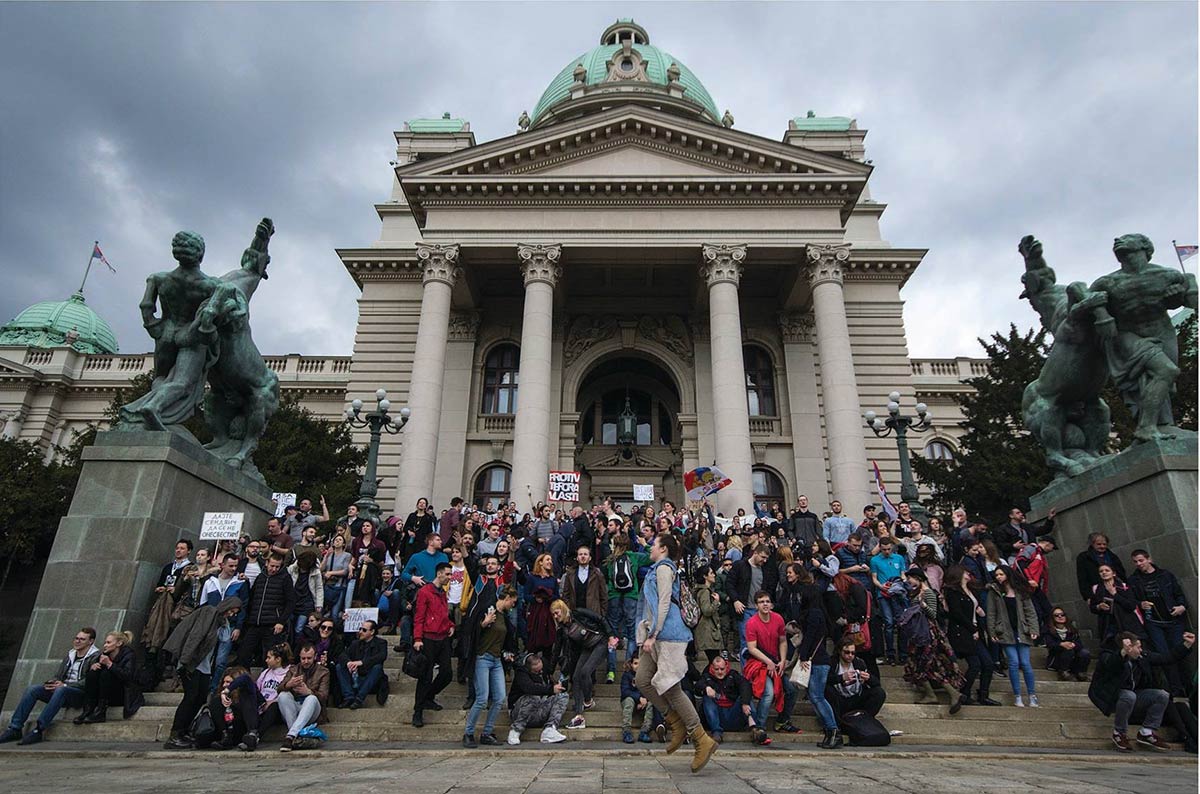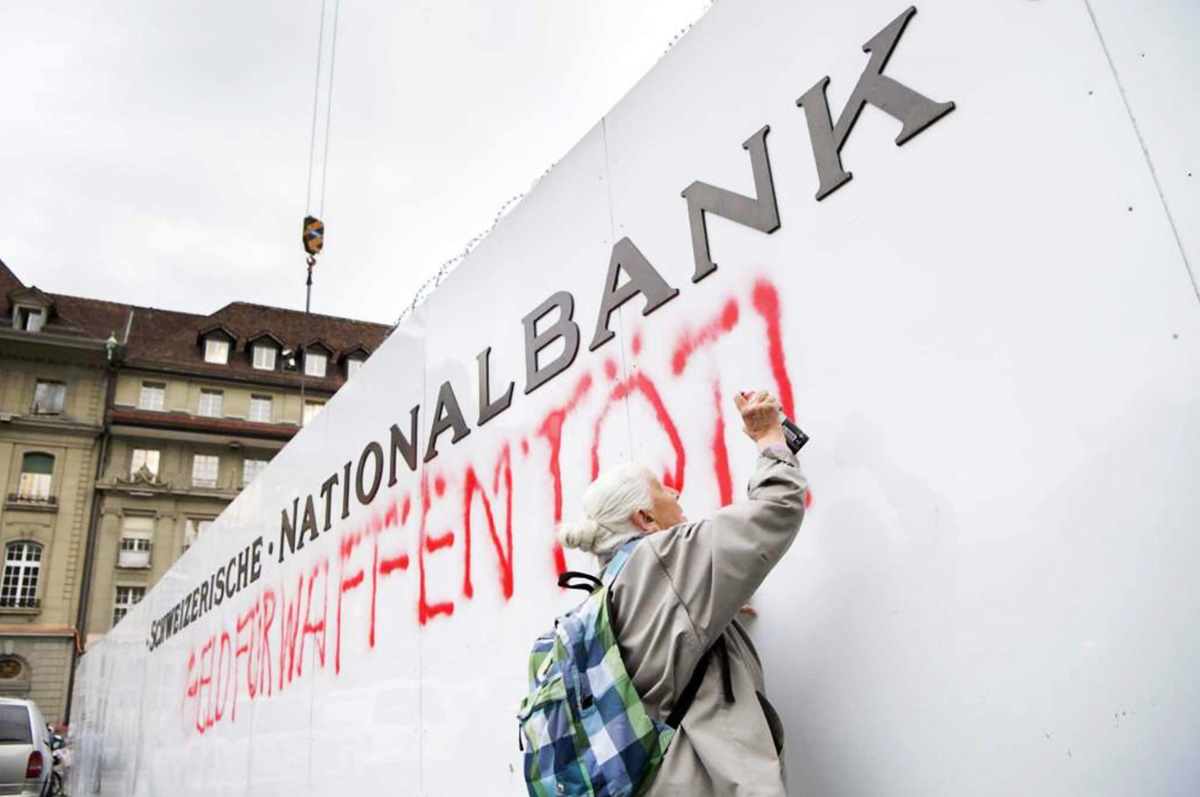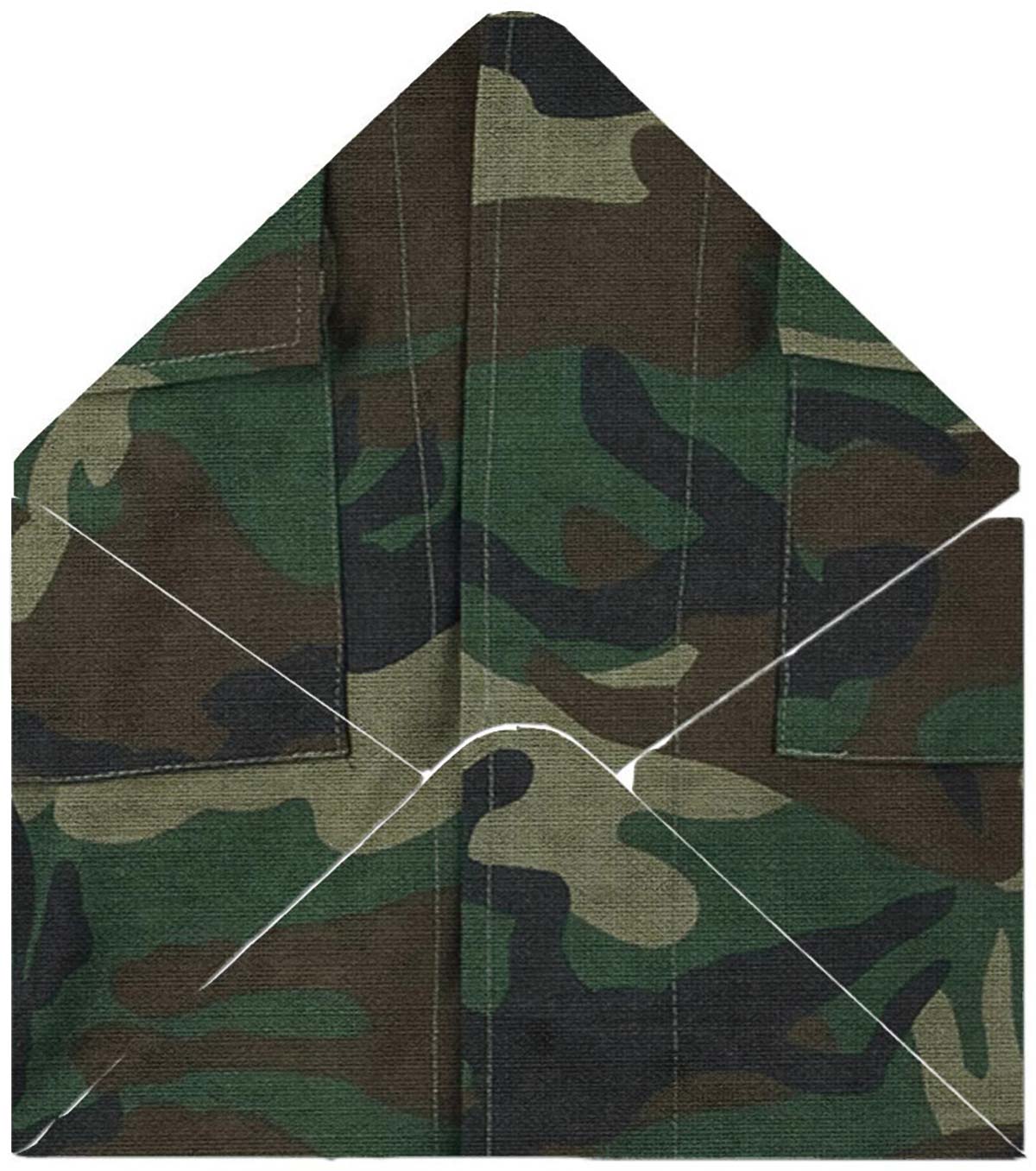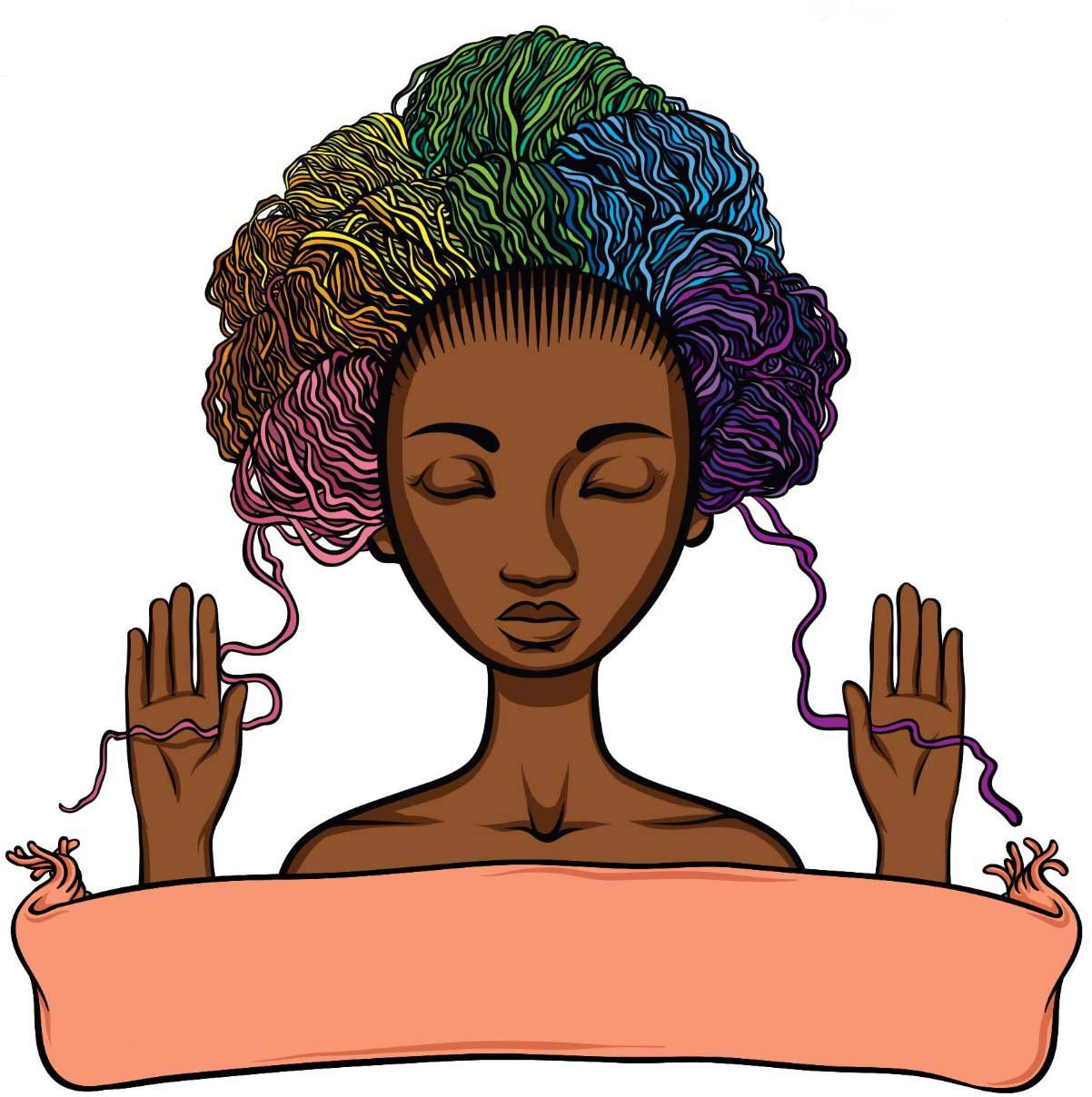
The Yarn Mission: When you support a Black Woman Business Owner you are supporting a whole community
Ever since the mid-wentieth century and the hippie movement, and even in modern feminist debates, knitting brought women together in public commentary and peaceful social protest. Handwork, in general, has various interpretations and meanings, from ancient myths, art, to political acts. This time, we’re looking into knitting as a form of struggle for freedom.
Social networks brought us together with our sisters from Missouri, and just a few “likes” later, we made plans for mutual support and cooperation. CheOnna Sewell, founder of the association of women knitting for Black liberation, introduces us to the basic principles of their mission.
“Societies never know it, but the war of an artist with society is a lover’s war, and they do, at their best, what lovers do, which is to reveal the beloved to themselves and, with that revelation, to make freedom real.”
Toni Cade Bambara
James Baldwin, The Creative Process (1962) – adapted with gender inclusive language
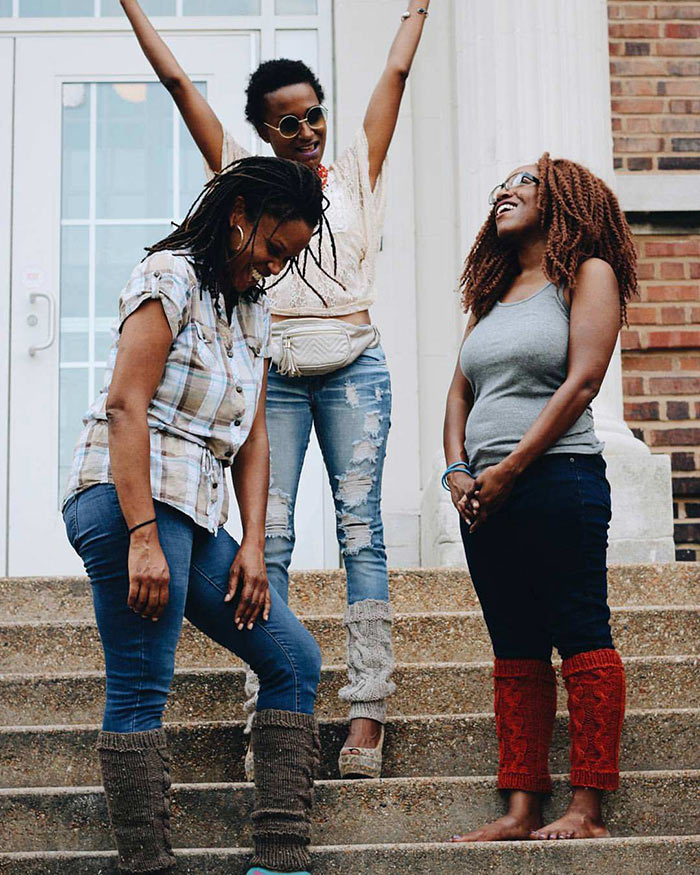
The role of the artist as Toni Cade Bambara, James Baldwin, and numerous other Black radical artists explain it remains crucial. The United States is continuing to show that oppression is firmly embedded in all of its institutions. As artists, we find it imperative to provide space and tools for self-preservation, revolutionary transformation, and liberatory thinking. We believe that together we can envision the liberation we seek, manifest it in our own lives, and therefore expose it to the world around us. We believe in the tearing down of oppressive systems and the creation of liberatory villages/mandalas. Knitting is one of the tools we use and provide.
The Yarn Mission is a knitting collective that is purposefully pro-Black, pro-rebellion, and pro-community for the achievement of Black Liberation. We exist in St. Louis, Missouri, USA and Minneapolis, Minnesota, USA and are growing in two additional cities.



Our three principles guide the work that we do and how we do it as artists.
First, in being pro-Black, The Yarn Mission centers the lives and livelihood of Black Women. We seek to support Black folks wherever they are with whatever they are doing (whether that is knitting related or not). It is a fact that once Black folks are free, all people will be free. This is necessary true due to an inclusive understanding of freedom and the real intersections that exist between Blackness and all other identities.
Second, on pro-rebellion, we encourage and support rebellious, anti-oppressive, and liberatory work. For instance, we have a strong relationship with the Million Artist Movement. In our own organizing, we are growing to reject capitalism in favor of cooperative economics. Moreover, we proclaim people over everything (systems, money, buildings, etc) and refuse to condemn responses to oppression that do not involve oppression.
Third, pro-community means that we respond to the desires and guidance of chosen and/or geographically defined communities. In particular, we show up when community organizes and intentionally meet in community. When we meet in community to teach knitting, we stress accessibility by having supplies available for free and choosing accessible spaces (in terms of navigability and transportation access).Our website provides more information about our mission, work, events, and objectives. We also provide updates on our facebook page
You can join us in support Black Liberation by visiting http://theyarnmission.com/support/.




Knitting also encourages our self-preservation through connectivity, healing, and creation.
Under the guidance of our three principles, we prioritize sharing the art of knitting. Knitting reintroduces us as makers rather than simply consumers. By regaining our role in production, we are better able to reject the other reins of capitalism and form a more sustainable and communally supportive society. Knitting also encourages our self-preservation through connectivity, healing, and creation. The “war of an artist with society” is a tough war. Knitting can help us not only survive but prosper on our path to Black Liberation.

Milica's questionnaire
